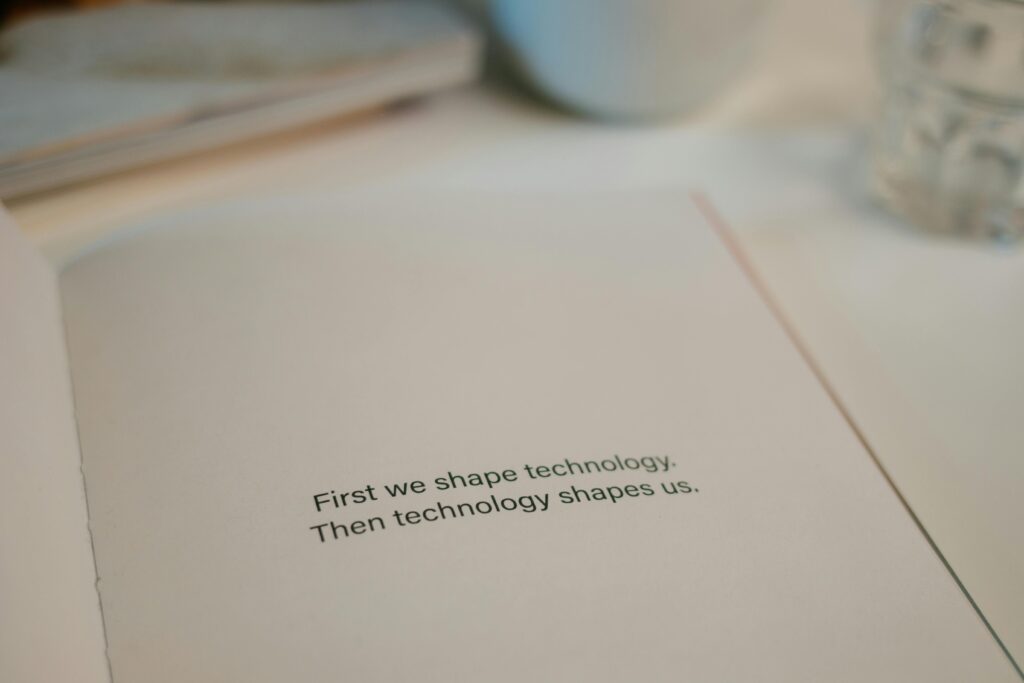Japanese literature is undergoing a transformative phase, as contemporary authors blend traditional storytelling with innovative narrative techniques. Among those leading this evolution are Mizuki Tsujimura and Yuki Tejima, whose works not only captivate readers with their unique styles but also offer deep reflections on modern society, identity, and the changing cultural landscape.

Mizuki Tsujimura: Intricate Plots and Emotional Depth
Mizuki Tsujimura has carved a niche with her intricately plotted narratives that mix elements of mystery, suspense, and psychological introspection. Her novels are known for:
- Layered Storytelling: Tsujimura’s work often blurs the boundaries between reality and imagination, drawing readers into richly detailed worlds.
- Exploration of Modern Issues: Beyond thrilling plot twists, her narratives explore themes of isolation, urban alienation, and the search for personal identity in today’s fast-paced society.
- Cultural Resonance: While her plots are modern, Tsujimura pays homage to Japan’s literary heritage, weaving in traditional motifs and cultural references that resonate with a wide audience.
Her ability to balance contemporary concerns with timeless narrative techniques has not only earned her critical acclaim but has also influenced a new generation of writers in Japan.
Yuki Tejima: Bold Experimentation in Narrative Form
Yuki Tejima brings a strikingly different approach to the literary scene through her bold experimentation with narrative structure. Key aspects of Tejima’s work include:
- Non-Linear Storytelling: Tejima’s novels often feature fragmented timelines and multiple perspectives, challenging readers to piece together the narrative.
- Metafictional Elements: By incorporating self-referential commentary, she invites readers to question the nature of storytelling itself.
- Exploration of Identity: Her experimental techniques serve as a powerful tool for examining the fluid nature of identity in an ever-evolving world.
Tejima’s work pushes the boundaries of conventional literature, making her a pivotal figure in redefining what modern Japanese fiction can be.
Tradition Meets Innovation
Despite their differing approaches, Tsujimura and Tejima share a common goal: to bridge Japan’s storied literary past with the vibrant challenges of modern life. Their works illustrate:
- A Fusion of Styles: By blending traditional narrative elements with innovative techniques, both authors create stories that are accessible yet deeply thought-provoking.
- Cultural Commentary: Their novels serve as mirrors reflecting the complexities of contemporary society, touching on themes such as social change, personal transformation, and the tension between modernity and tradition.
- Global Impact: With increasing translations and international recognition, their narratives have sparked global conversations about the evolution of literary art in the digital age.

Broader Cultural Impact and Future Outlook
The literary contributions of Mizuki Tsujimura and Yuki Tejima extend far beyond the pages of their novels:
- Inspiring New Voices: Their success encourages emerging writers to experiment and innovate, ensuring that Japanese literature remains dynamic and relevant.
- Cultural Exchange: As their works reach international audiences, they foster a deeper understanding of Japanese culture and the universal themes that unite readers around the world.
- Shaping Literary Trends: Their pioneering methods are setting trends that will likely influence future generations, blending diverse narrative forms with a keen eye on both personal and societal transformation.
Frequently Asked Questions
Q: Who are Mizuki Tsujimura and Yuki Tejima?
A: Mizuki Tsujimura is renowned for her intricately plotted, emotionally rich narratives, while Yuki Tejima is celebrated for her experimental approach to storytelling and non-linear narrative structures.
Q: What themes are prominent in Tsujimura’s novels?
A: Tsujimura’s works often explore themes of isolation, identity, and the complexities of urban life, interwoven with elements of mystery and psychological depth.
Q: How does Yuki Tejima challenge traditional storytelling?
A: Tejima employs innovative narrative techniques such as fragmented timelines, multiple viewpoints, and metafictional elements to create a dynamic reading experience that encourages active interpretation.
Q: What makes their works significant in contemporary Japanese literature?
A: Their ability to blend traditional literary influences with modern narrative innovations has redefined the contours of Japanese fiction, inspiring both readers and emerging writers.
Q: How have international audiences responded to their works?
A: Translations of their novels have garnered international acclaim, fostering global cultural exchange and highlighting the universal appeal of their themes.
Q: What impact do these authors have on emerging writers in Japan?
A: Their innovative approaches serve as a source of inspiration, encouraging new writers to experiment with narrative forms while addressing contemporary social and cultural issues.
Q: Are there commonalities in the themes explored by both authors?
A: Yes, despite their different styles, both authors delve into issues of personal identity, societal transformation, and the interplay between modernity and tradition.
Q: How do their works contribute to cultural dialogue?
A: By addressing modern societal challenges and preserving cultural heritage, their narratives facilitate discussions on how literature can reflect and shape the evolution of society.
Q: What future trends might be influenced by their work?
A: Their pioneering techniques are likely to encourage further experimentation in narrative form, promoting a richer, more diverse literary landscape in Japan and beyond.
Q: Where can readers find more information about their works?
A: Readers can explore their novels through major bookstores, online platforms, and literary festivals, where both authors frequently participate in discussions and interviews.

Conclusion
Mizuki Tsujimura and Yuki Tejima are redefining modern Japanese literature through their innovative storytelling and deep cultural insights. By merging traditional narrative elements with contemporary themes and experimental techniques, they offer readers a fresh perspective on identity, society, and the art of storytelling. Their influential works not only shape the literary scene in Japan but also contribute to a global dialogue on the evolving nature of narrative art.
Sources Japan Times


